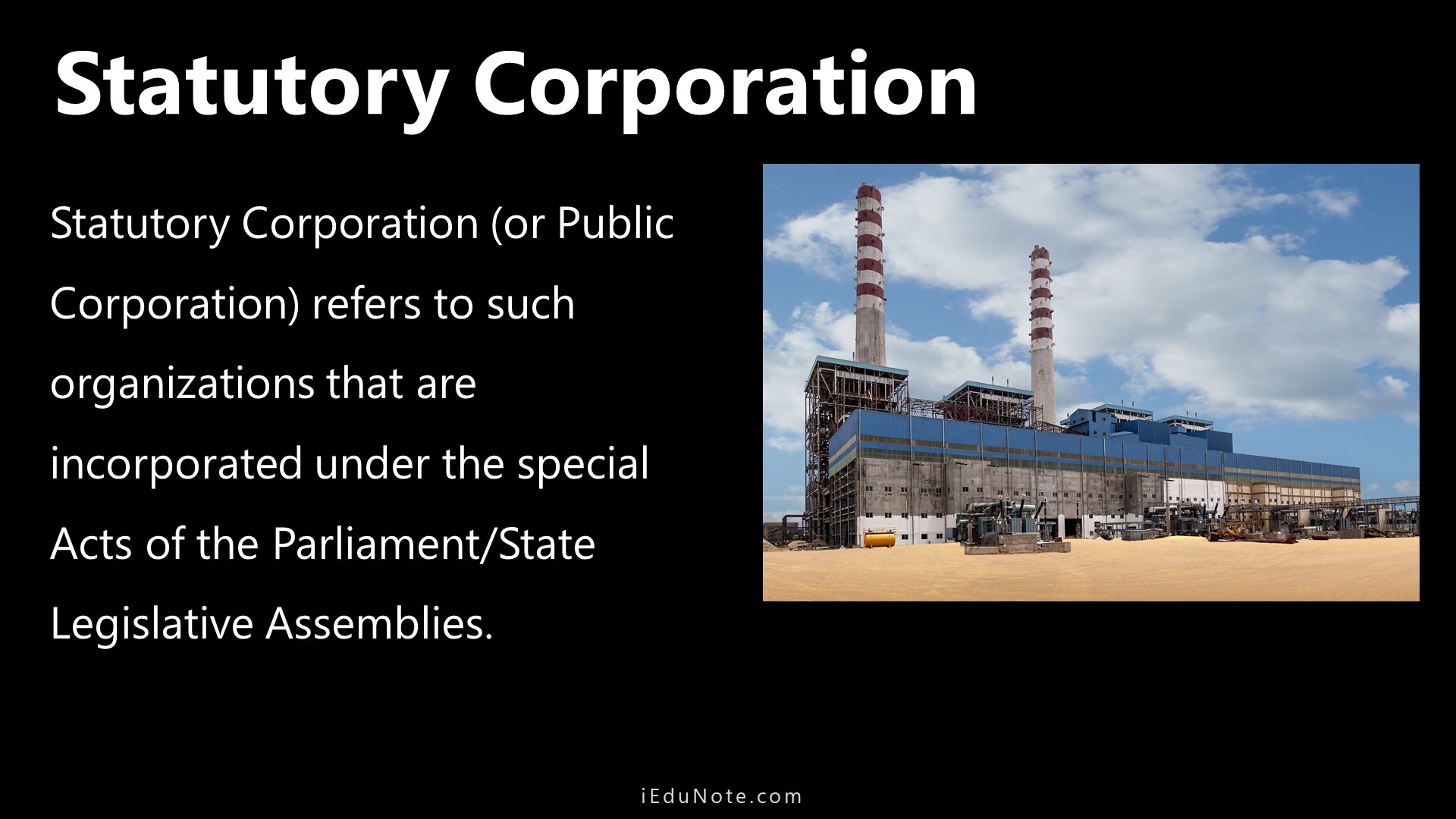A trademark is a word, symbol, or design that identifies the source of goods or services. It gives unique recognition, lasts indefinitely, and requires registration. Trademarks have categories and benefits, including legal protection against copying.
A trademark distinguishes your goods or services, giving them unique recognition. It can last indefinitely and requires periodic renewal.
What is a Trademark?
A trademark may be a word, symbol, design, or some combination of such, or it could be a slogan or even a particular sound that identifies the sources or sponsorship of certain goods or services.
A trademark or service mark is a word, a name, a symbol, an artistic figure, or a combination of these elements to identify your product or service and distinguishes it from your competitors.
A trademark or service mark gives your product or service unique recognition. A trademark can last indefinitely as long as it continues performing its indicated function.
The trademark is initially registered for 20 years with 20-year renewable terms.
In the fifth to sixth year, the registrant must file an affidavit with the registrar indicating that the mark is currently in commercial use. If no affidavit is filed, the registration is canceled.
Categories of Trademarks
There are four categories of trademarks:
Coined Marks
Coined marks denote no relationship between the mark and the goods or services and afford the possibility of expansion to a wide range of products.
Arbitrary Mark
An arbitrary mark has another meaning in our language and is applied to a product or service.
Suggestive Mark
A suggestive mark suggests certain features, qualities, ingredients, or characteristics of a product or service.
Descriptive Mark
A descriptive mark must have become distinctive over time and gained consumer recognition before it can be registered.
Registration of Trademark
Filing for trademark registration must meet four requirements completion of the written form, a drawing of the mark, five specimens showing actual use of the mark, and the fee.
Each trademark must be applied for separately. Upon receipt of this information, the registrar’s office assigns a serial number to the application and sends a filing receipt to the applicant.
The registrar’s office will determine the suitability of the trademark within three months.
Any objection against this determination by the entrepreneur must be raised within six months, or the application is considered abandoned. If the trademark is refused, the entrepreneur still has the right to appeal to the authority.
Once accepted, the trademark is published in the Trademark Official Gazette to allow any party 30 days to oppose or request an extension to oppose. If no opposition is filed, the registration is issued.
Benefits of a Registered Trademark
Trademark registration provides manifold benefits to the entrepreneur. They are:
- It provides notice to everyone that you have exclusive rights to the use of the mark throughout the territorial limits of Bangladesh.
- It entitles you to sue in court for trademark infringement, which can result in a recovery of profits, damages, and costs.
- It establishes incontestable rights regarding the commercial use of the mark.
- It establishes the right to deposit registration with customs to prevent importing goods with a similar mark.
- It entitles you to use the notice of registration.
- It provides a basis for filing a trademark application abroad.
Protect your brand by getting a trademark. This gives you the right to use a unique word, symbol, or design, which makes your product stand out and make your business more credible. Trademarks last a long time and protect your brand from being copied. If someone tries to copy your trademark, you can take legal action to protect your business.

